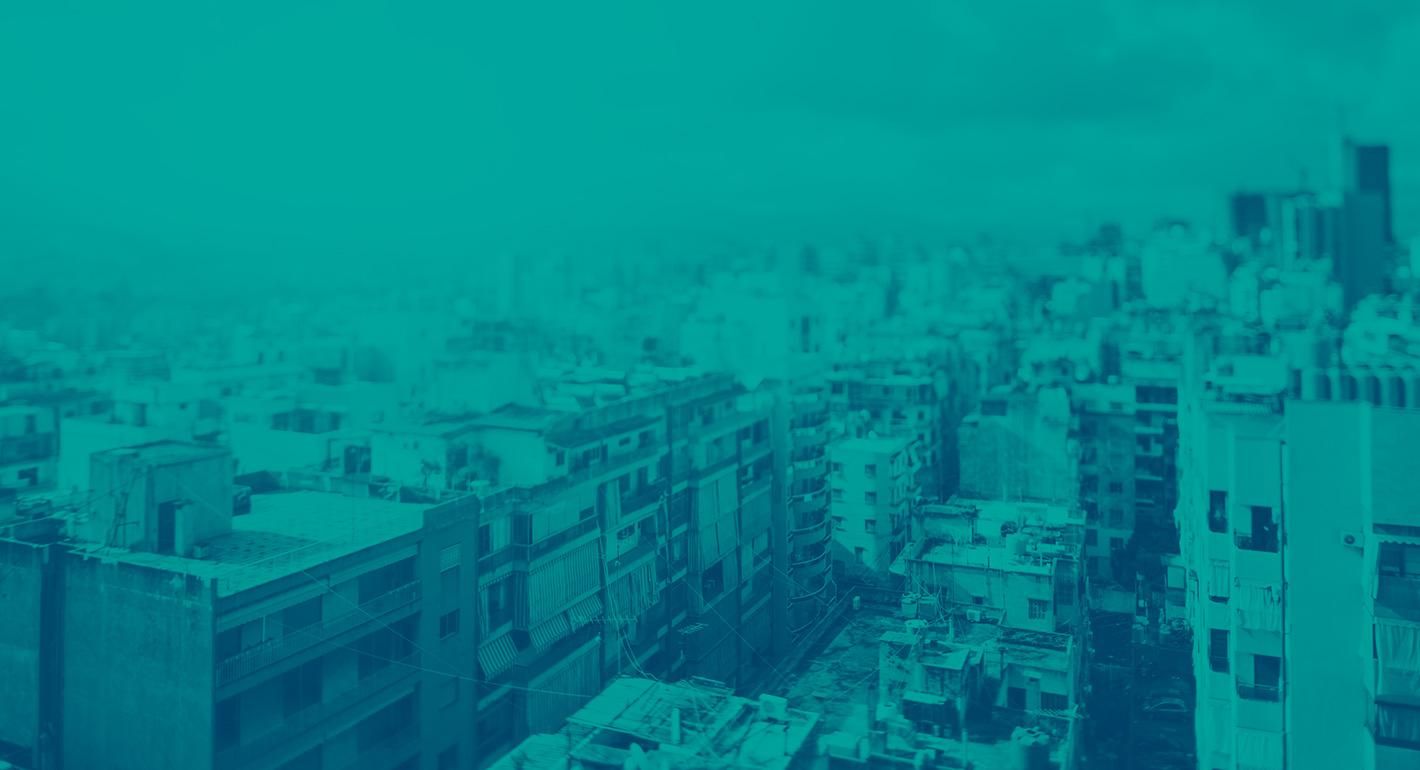Registration
You will receive an email confirming your registration.
Since September 2024, the Hezbollah–Israel Conflict has escalated significantly. Initially limited to southern Lebanon, the conflict has expanded to Beirut and its southern suburbs, with Israeli airstrikes targeting Hezbollah leaders and alleged weapons depots. Israel has also expanded the scope of its attacks, killing Hezbollah’s secretary-general, Hassan Nasrallah, and is considering a ground invasion reaching as far as the Awali River near Sidon. Despite efforts to negotiate a ceasefire, Lebanon faces a worsening humanitarian crisis. The death toll in Lebanon due to the ongoing war has exceeded 2,000 people, with thousands more injured. According to the Lebanese government, the number of displaced people fleeing Israeli airstrikes has risen to 1.2 million, and one quarter of Lebanese territory has been impacted by Israeli evacuation warnings. The conflict has also seen repeated and deliberate Israeli attacks against UNIFIL forces and massive destruction across Lebanon. The country continues to struggle with a lack of a unified political leadership, while Iran remains deeply involved, refusing to separate the Gaza and Lebanese fronts.
The Malcolm H. Kerr Carnegie Middle East Center is organizing a panel discussion on October 14 to explore these critical developments and more. Our panelists will discuss Hezbollah’s calculus moving forward, the Iranian dimension in the conflict, and prospects for a political resolution.
The event will take place virtually on October 14, at 4:00 PM Beirut time/EEST (UTC +3).
The discussion will be held in English and moderated by Mohanad Hage Ali. Viewers may submit their questions to the panelists using the live chat feature on Facebook and YouTube. For more information, please contact Najwa Yassine at najwa.yassine@carnegie-mec.org.
